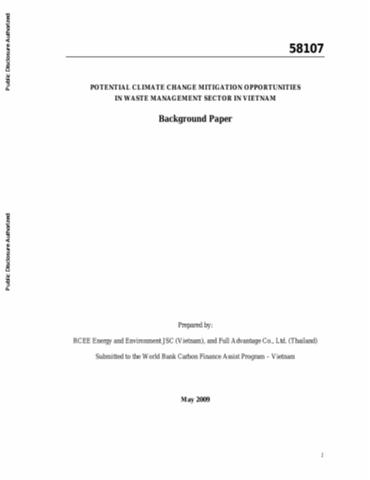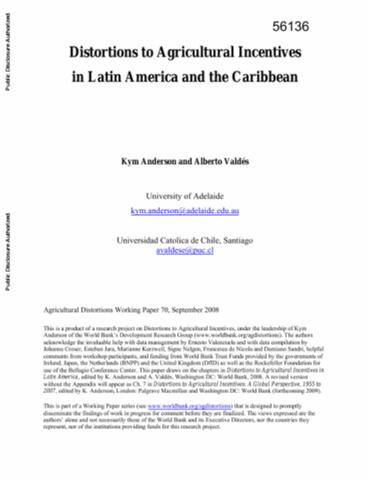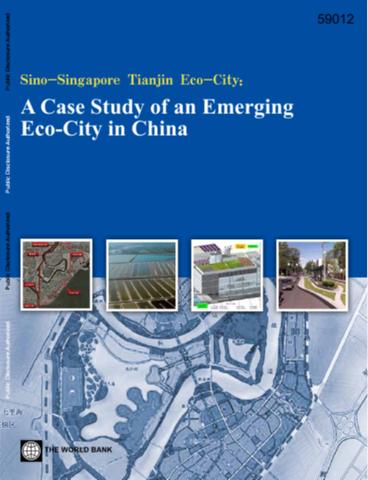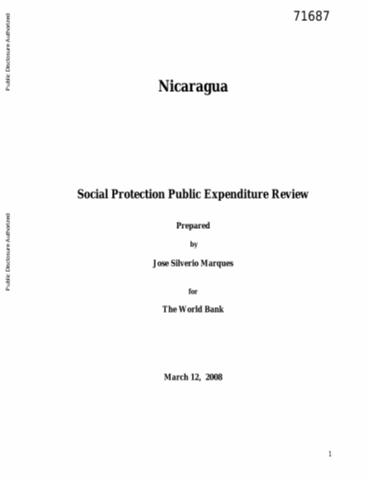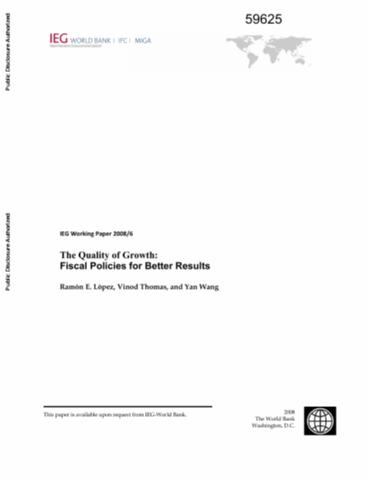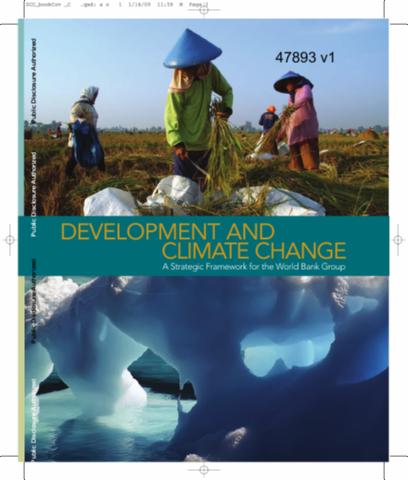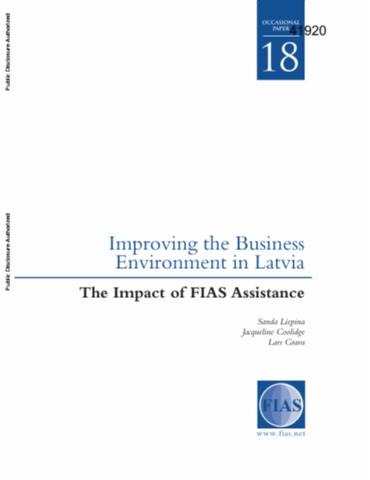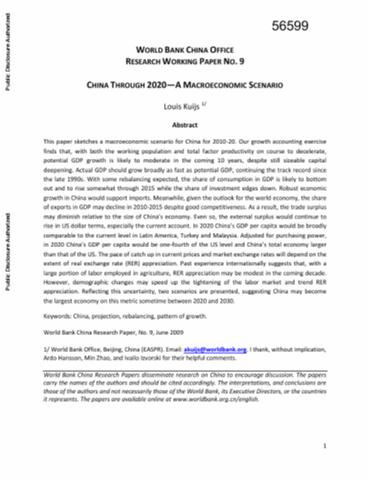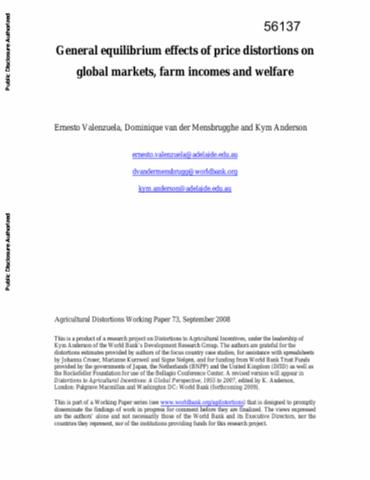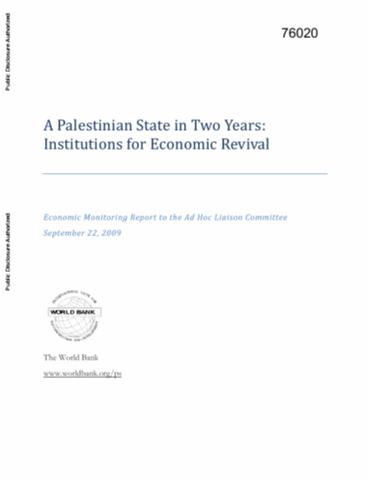
Topics and Regions
Details
Location
Contributions
Displaying 61 - 70 of 630Potential Climate Change Mitigation Opportunities in Waste Management Sector in Vietnam
Along with economic growth and improved living standards, waste from households, industries, and commercial or service establishments is expected to increase rapidly over the next years. Managing this waste is a hard challenge for the Government of Vietnam because of its substantial cost and lack of awareness and participation of people and businesses. Wastes can be classified according to: their form (wastewater, solid waste); their origin (industrial wastes, agricultural wastes, urban (municipal) wastes); and their hazardous nature (non-hazardous or hazardous).
Distortions to Agricultural Incentives in Latin America and the Caribbean
This study on Latin America is based on a sample of eight countries, comprising the big four economies of Argentina, Brazil, Chile, and Mexico; Colombia and Ecuador, two of the poorest South American tropical countries; the Dominican Republic, the largest Caribbean economy; and Nicaragua, the poorest country in Central America. Together, in 2000-04, these countries accounted for 78 percent of the region's population, 80 percent of the region's agricultural value added, and 84 percent of the total gross domestic product (GDP) of Latin America.
Sino-Singapore Tianjin Eco-City
China is experiencing rapid and large scale urbanization, and the resulting local and global urban environmental challenges are unprecedented. The Chinese Government has fully recognized these challenges and is aiming to promote more sustainable urbanization in line with the objectives of the eleventh five year plan, which calls for 'building a resource-conserving and environmentally friendly society'. Various initiatives are being pursued to support this objective, both at the national and local levels.
Nicaragua Social Protection Public Expenditure Review
This review of public expenditures on Social Protection (SP) in Nicaragua is based on the analytical framework of Social Risk Management (SRM) developed by the World Bank. The concept of managing social risk comes from the notion that certain groups in society are vulnerable to unexpected shocks which threaten their livelihood and/or survival. Social protection focuses on the poor since they are more vulnerable to the risks and normally do not have the instruments to handle these risks.
The Quality of Growth
The world faces unprecedented opportunities to reduce global poverty and improve human welfare. Strong global growth and better economic policies in recent years have substantially reduced poverty in many developing countries. However, with the recent financial turmoil in the United States and rising prices for food, oil, and other commodities, the world economy faces heightened risks and volatility. Policymakers around the world face the challenge of maintaining momentum in growth, as well as of improving the quality of growth.
Development and Climate Change
This strategic framework serves to guide and support the operational response of the World Bank Group (WBG) to new development challenges posed by global climate change. Unabated, climate change threatens to reverse hard-earned development gains. The poorest countries and communities will suffer the earliest and the most. Yet they depend on actions by other nations, developed and developing. While climate change is an added cost and risk to development, a well-designed and implemented global climate policy can also bring new economic opportunities to developing countries.
Improving the Business Environment in Latvia
This paper tracks the process through which FIAS, the investment climate advisory service of the World Bank Group advised the government of Latvia from 1998 to 2004 on ways to improve the business environment, achieve higher rates of economic growth, and thereby alleviate poverty. This case study shows that it is reasonable to describe how assistance by FIAS led to an improved business environment.
China through 2020
This paper sketches a macroeconomic scenario for China for 2010-20. Growth accounting exercise finds that, with both the working population and total factor productivity on course to decelerate, potential gross domestic product (GDP) growth is likely to moderate in the coming 10 years, despite still sizeable capital deepening. Actual GDP should grow broadly as fast as potential GDP, continuing the track record since the late 1990s.
General Equilibrium Effects of Price Distortions on Global Markets, Farm Incomes and Welfare
Earnings from farming in many developing countries have been depressed by a pro-urban bias in own-country policies as well as by governments of richer countries favoring their farmers with import barriers and subsidies. Both sets of policies, which reduce national and global economic welfare and contribute to global inequality and poverty, have been undergoing reform since the 1980s.
A Palestinian State in Two Years
On August 25, 2009, the 13th Government of the Palestinian Authority (PA) presented a program entitled "Palestine: ending the occupation, establishing the state" (hereafter referred to as the program) outlining several national goals, including the achievement of 'economic independence and national prosperity'. The program accords high priority to the development of the public institutions of the PA in order to achieve the stated national goals.

